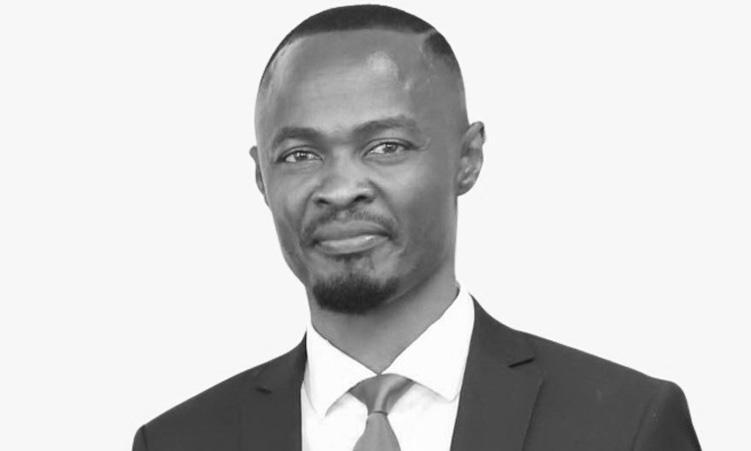Africa-Press – Namibia. As Namibia Commemorates Heroes Day on 26 August, we honour the sacrifices of those who fought for liberation.
Yet Heroes Day is also a reminder that freedom is not a single event but a continuous journey.
Political independence was secured in 1990, but the march toward economic independence remains unfinished.
This year, and for the next five commemorations, the chosen theme, ‘Built on Bravery, Bound for a Prosperous Future’, resonates deeply with the nation’s story.
It reminds us that political sovereignty, achieved through blood and sacrifice, must now be matched by genuine economic independence.
Namibia’s presidents – Sam Nujoma, Hifikepunye Pohamba, Hage Geingob, Nangolo Mbumba, and now Netumbo Nandi-Ndaitwah – have each shaped the country’s economic path in distinct ways. Their legacies reflect progress but also highlight the urgent work that lies ahead.
NUJOMA: FOUNDATIONS OF FREEDOM
As Namibia’s founding president, Nujoma led the liberation struggle to victory and built the young nation. His administration established governance systems, reconciliation, and macroeconomic stability. Land reform, education, and empowerment of the marginalised were central to his vision. For Nujoma, political sovereignty meant little without economic participation for the formerly oppressed.
POHAMBA: GOVERNANCE AND RURAL DEVELOPMENT
Succeeding Nujoma, Pohamba emphasised good governance, transparency, and rural development. His calm and inclusive leadership consolidated democracy and deepened trust among citizens and investors. Investments in agriculture and social services extended the promise of independence beyond urban centres. His stewardship earned him the Mo Ibrahim Prize for Leadership, cementing Namibia’s reputation for accountability and stability.
GEINGOB: REFORM AND GLOBAL INTEGRATION
Former president Geingob injected reformist energy into Namibia’s economic agenda. Through the Harambee Prosperity Plan, he sought to address inequality, modernise governance, and expand infrastructure. His government positioned Namibia as a global front runner in green hydrogen while advancing oil, gas, and renewable energy projects.
Geingob also amplified Namibia’s voice in global trade and diplomacy, ensuring the country was recognised as a credible partner in Africa and beyond. His legacy underscores a truth: Political freedom must be matched by bold economic transformation.
MBUMBA: STEWARDSHIP IN TRANSITION
Following Geingob’s death, Mbumba stepped in to steady the nation. Though brief, his leadership underscored the resilience of Namibia’s institutions. By maintaining unity and investor confidence during a sensitive transition, he proved that Namibia’s democracy rests on strong systems rather than individuals.
NANDI-NDAITWAH: A NEW CHAPTER
Now, Nandi-Ndaitwah, Namibia’s first woman head of state, leads at a defining moment. Discoveries of oil, gas, and critical minerals, alongside the promise of green hydrogen, present unprecedented opportunities. Yet the challenge is clear: Namibia must shift from exporting raw materials to building an economy that adds value, creates jobs, and ensures inclusive growth.
Her leadership signals both continuity and a new era of inclusivity. She will ultimately be judged by how well she transforms Namibia’s resource wealth into shared prosperity while safeguarding the values of equity and sustainability.
Despite commendable progress, Namibia’s economic journey is incomplete. Land redistribution remains unfinished, youth unemployment is stubbornly high, and inequality persists. To secure true independence, Namibia must:
• diversify the economy – reduce reliance on mining by boosting agriculture, manufacturing, information and communication technology, and tourism;
• add local value – process minerals, energy, and agricultural products locally before export;
• invest in skills – align education and training with the demands of emerging industries;
• leverage the Africa Continental Free Trade Area – position Namibia as a logistics and trade hub in southern Africa;
• advance social equity – ensure rural and urban communities benefit equally from growth; and
• reduce overdependence on South Africa and the Southern African Customs Union – diversify imports, strengthen domestic markets, and build resilient financial and retail systems.
Heroes Day reminds us that liberation was never only about raising the flag in 1990. It was also about creating a Namibia where independence translates into prosperity.
From Nujoma’s foundations to Pohamba’s stability, Geingob’s reforms, Mbumba’s stewardship, and Nandi-Ndaitwah’s historic promise, Namibia’s leaders have each pushed the nation forward.
But the mission remains unfinished.
The ultimate tribute to our heroes is to achieve what they dreamed of: a Namibia that is not only politically free, but also economically sovereign, dignified, and prosperous for all her people.
– Elvis Mboya is the president of the Namibia–Kenya Chamber of Commerce and a former journalist in Namibia and Kenya.
For More News And Analysis About Namibia Follow Africa-Press






